Self Assessment Tax Return Deadline
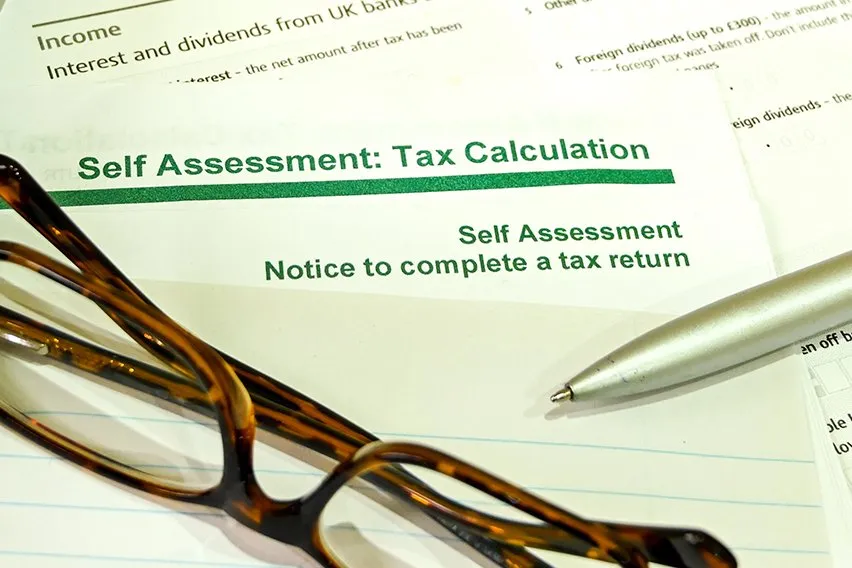
For the majority of self-employed taxpayers, the deadline for filing your self-assessment tax return and paying your income tax bill is the same. There are a few exceptions, which relate to less common circumstances, like paper filing and paying through PAYE.
FreshBooks has it all laid out for you. So you can get these dates in your diary and work backwards to plan what you need to do. And – importantly – avoid any of those late filing penalties.
Here’s What We’ll Cover:
Self Assessment Deadlines
Let’s focus on the 2023-24 tax year. This started on April 6th 2023 and finishes on 5th April 2023.
If you need to register for self-assessment for the first time, this needs to be done by 5th October 2024.
- Paper tax returns: Self-assessment deadline to file a paper tax return – midnight 31st October 2024
- Online tax returns: Self-assessment deadline to file an online tax return – midnight 31st January 2025
- Paying your 2021-22 tax bill: Self-assessment deadline to pay – midnight 31st January 2025

When Is the Deadline Different?
This 31 January deadline can be different if you’re in particular circumstances.
Paying Through Your Tax Code
This deadline is usually for people who are both employed and self-employed simultaneously.
HMRC let you pay your self-assessment income tax bill through your PAYE tax code, if you meet their criteria:
- Your self-assessment tax bill is under £3,000
- You pay tax through PAYE
- You submit your online self-assessment tax return by 30th December
Partnerships Where a Company Is a Partner
If your partnership has a company as a partner and your accounting date is from 1st February and 5th April, you have a different tax return filing deadline.
- Paper returns – 9 months from your accounting date
- Online returns – 12 months from your accounting date
What is ‘Payment On Account’?
Payments on account are “advance payments towards your tax bill.” Basically, this means your tax bill is split in half, with 2 separate deadlines 6 months apart:
- Deadline for first payment on account: 31st January
- Deadline for second payment on account: 31st July
You don’t have to make payments on account if:
- You’re paying your self-assessment tax bill through your PAYE tax code and you’ve already paid 80% of the total. This also applies if your bank has deducted interest from your savings.
- Your previous self-assessment tax bill was under £1,000.
Your deadline for filing a digital tax return remains the same.
None of these self-assessment deadlines are negotiable. You need to work out when your self-assessment tax returns and payments are due and sort out your paperwork as soon as possible after the tax year ends.
What Is a ‘Time to Pay’ Arrangement?
If your self-assessment tax bill is under £30,000, you can set up a time to pay arrangement with HMRC online. It’s designed as a one-off payment plan to support businesses through difficult times. If you don’t keep up with the payments, HMRC can ask for the total of your tax bill to be settled in one go.
With a time-to-pay arrangement, you can pay your tax bill in 12 monthly installments. You still pay interest, if you’re late, but it stops any fines building up. You must have a clean record with HMRC, no outstanding tax debts and no other payment plans set up with them. You must also have filed the most current tax return. The online service can be used to establish your payment plan within 60 days of the payment deadline.
If you’re over this time period, or owe more than £30,000, you need to get in touch with HMRC to discuss your options on the Self Assessment Payment Helpline number 0300 200 3822.
What Happens If I Miss the Deadline?
HMRC imposes fines if you miss the self-assessment tax return filing deadline and if you’re late paying your tax bill. They are cumulative – the longer past the deadline you go, the more filing penalties will be.
Fines for missing the self-assessment tax return filing deadline
- 1 day late: £100
- Up to 3 months late: £10 per day, up to 90 days + £100
- Up to 6 months late: £300 of 5% of your tax bill (the higher figure) + previous penalties
- 12 months late: £300 or 5% of your tax bill (the higher figure) + previous penalties
You can be fined 100% of the tax due, in the most severe cases.
Fines for paying your tax bill late
- 30 days late: 5% of tax owed
- 6 months late: another 5% of tax owed
- 12 months late: another 5% of tax owed
You also pay interest on the total of any late payments, at a current rate of 2.6%.
By the time you add late filing penalties, late payment fines and the interest charges, you can end up owing a substantial amount of money.

But What if I’ve Got a Good Reason for Missing the Deadline?
HMRC has a list of ‘reasonable excuses’ and it considers all appeals on a case-by-case basis. If they accept that you have a reasonable excuse for missing the deadline, then late fees are cancelled.
These excuses are what you’d expect, emergencies or circumstances outside your control. What HMRC calls “normally something unexpected or outside your control that stopped you meeting a tax obligation”.
These include, but aren’t limited to:
- Death of a close relative or partner near the deadline
- Your suffered a serious life threatening illness, or had to stay in hospital
- ‘Acts of God’ – like fire or flood
- HMRC online services ‘issues’
These are very specific reasons, which aren’t considered to be flexible.
COVID-19 Concession
HMRC suspended the automatic £100 late filing penalty for the 2019-20 tax return. In order to help people struggling because of the impact of the health pandemic, this deadline was extended from 31st January to 28th February 2021. The deadline to pay your tax bill stayed the same.
More Useful Resources
RELATED ARTICLES

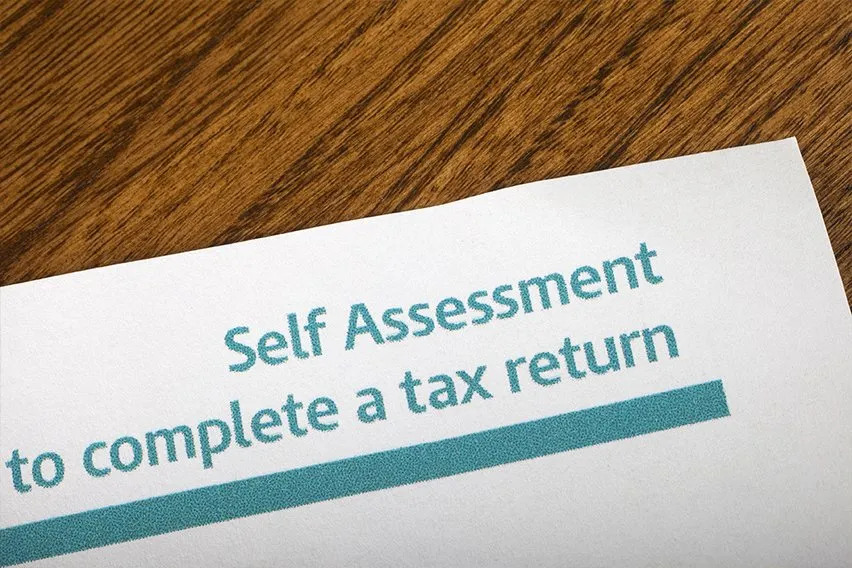 Self-Assessment Tax Return: A Step-by-Step Filing Guide
Self-Assessment Tax Return: A Step-by-Step Filing Guide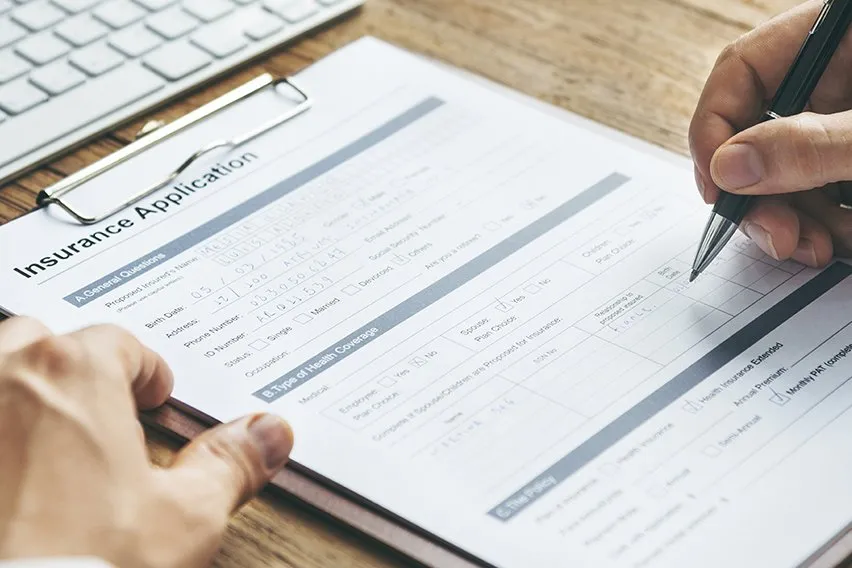 Can I Reclaim Insurance Premium Tax on My VAT Return?
Can I Reclaim Insurance Premium Tax on My VAT Return?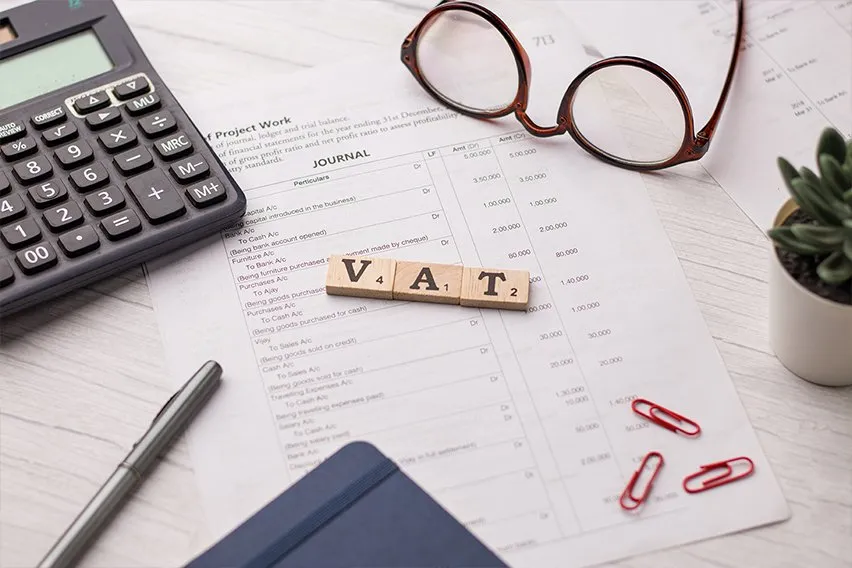 Who is Liable for VAT?
Who is Liable for VAT?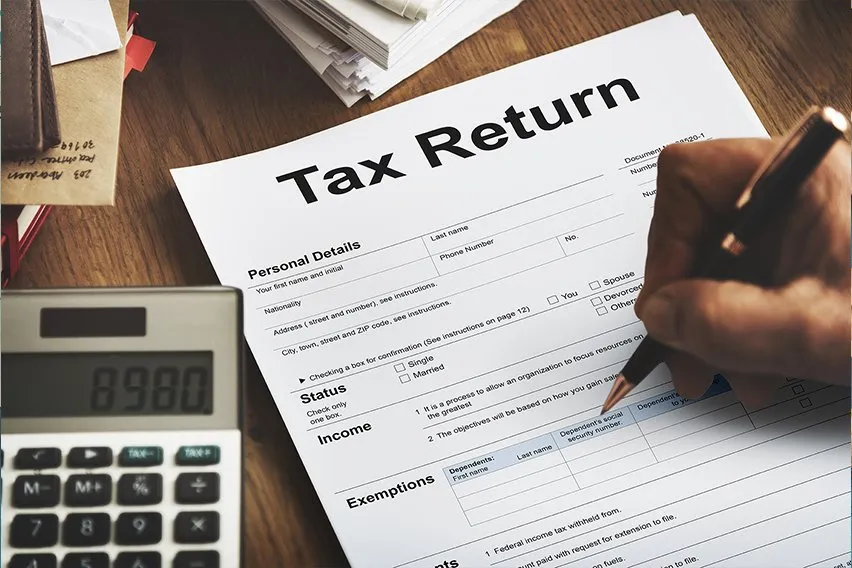 VAT Penalties: All You Need to Know About the New System
VAT Penalties: All You Need to Know About the New System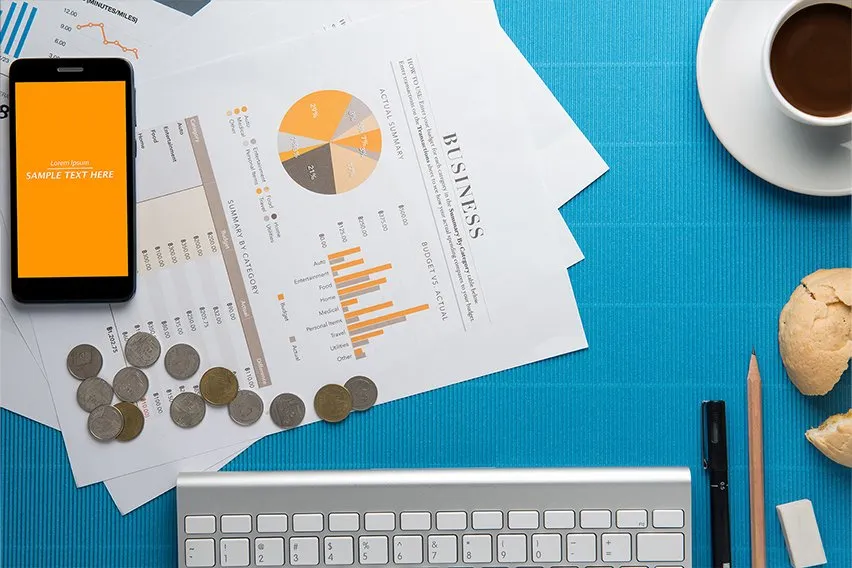 Submit VAT Return Online: HMRC VAT Filing Guide
Submit VAT Return Online: HMRC VAT Filing Guide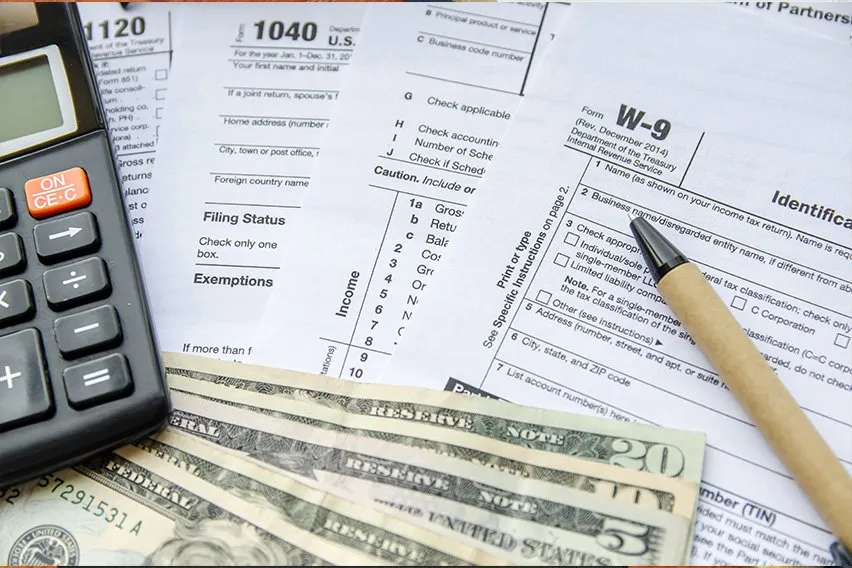 Sole Trader Tax Guide
Sole Trader Tax Guide